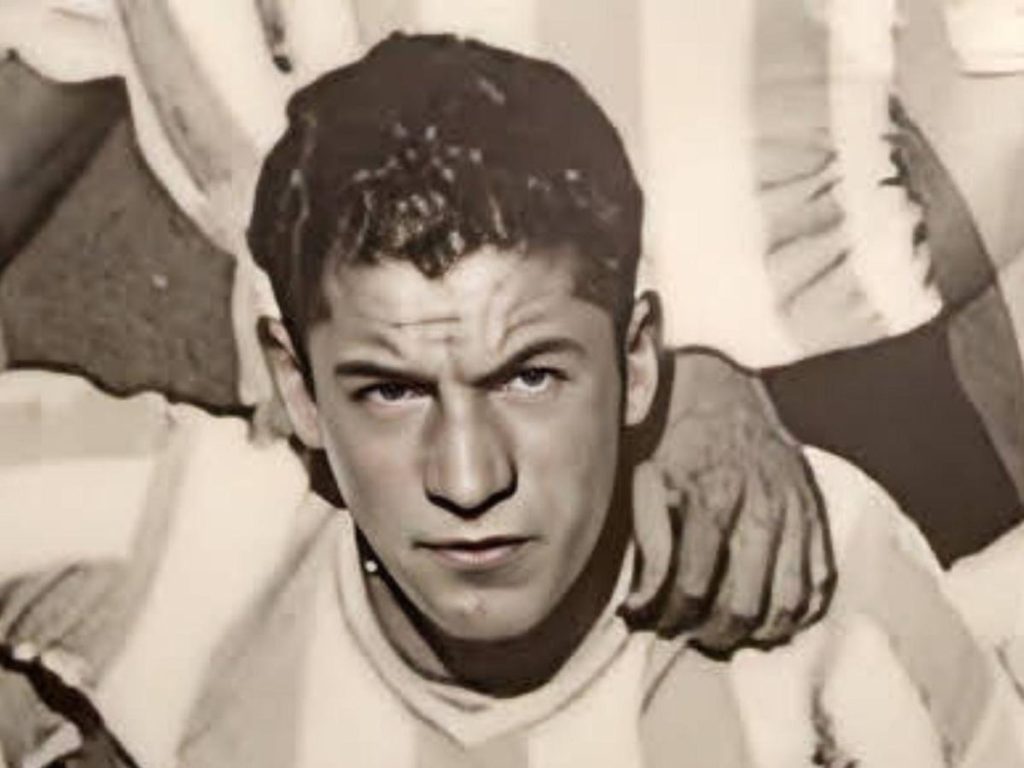In A Coruña, the story of Bebel García García, a left-handed football player who was executed during the Spanish Civil War, is well-known. Bebel was known for being both a skilled player and a leftist thinker. He was executed on July 29, 1936, accused of rebellion for defending the Republican government against the uprising forces. Along with his brother France and a construction worker named Enrique Miguel Moscoso, Bebel was shot and buried in a mass grave near the Torre de Hércules. The researcher Rubem Centeno has spent years identifying the location of Bebel’s grave, along with other victims of the regime.
Bebel’s family, known as the Hermanos de la Lejía (Brothers of the Bleach), were socialists with strong political beliefs. Bebel, along with his brothers France and Jaurés, were part of a family committed to leftist ideals and active in the resistance against the Franco regime. Their father, José García, had to leave Ribadeo due to his political beliefs and settled in A Coruña with his family. The brothers were involved in various sports, including football, with Bebel playing for Deportivo de A Coruña before his untimely death during the war.
Rubem Centeno’s research has uncovered the location of the mass graves where Bebel and other victims were buried. The cemetery of San Amaro holds the remains of many who were killed during the war, with some graves containing multiple bodies. Centeno highlights the importance of preserving the memory of these victims, many of whom were very young and died before starting families of their own. He emphasizes the need to educate younger generations about this dark period in history and the sacrifices made by those who fought against fascism.
Bebel’s story, with the legend of his defiant act before his execution, has captured the public’s attention. His bravery and commitment to his beliefs are remembered, along with the sacrifices made by his family members who were also victims of the war. Centeno’s work in uncovering the hidden graves of A Coruña sheds light on the brutality of the Franco regime and the toll it took on the local population. The memory of Bebel and others like him serves as a reminder of the importance of standing up for justice and human rights in the face of oppression.
The research conducted by Centeno will be presented at an upcoming event, where he hopes to shed further light on the fate of the victims of the Civil War in A Coruña. The graves of these individuals, many of whom were very young, serve as a stark reminder of the brutality and violence that characterized this dark period in Spanish history. Centeno’s work is a testament to the importance of preserving the memory of those who fought against fascism and the need to continue educating future generations about the atrocities committed during the war. The legacy of Bebel García and others like him continues to inspire a commitment to justice and human rights in the face of oppression.


